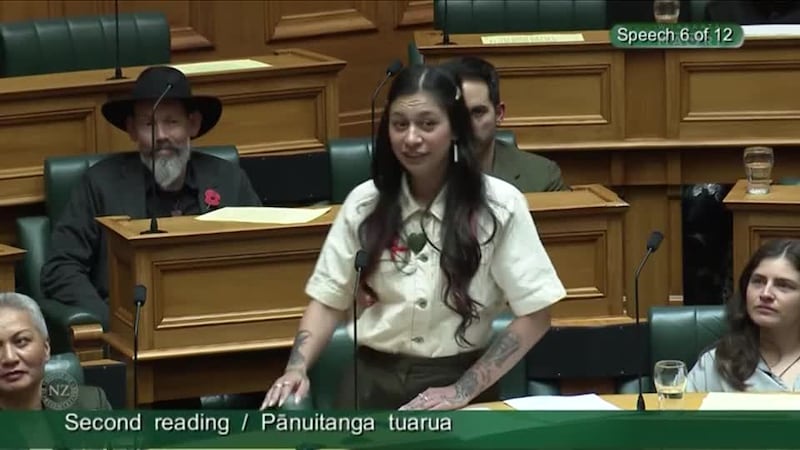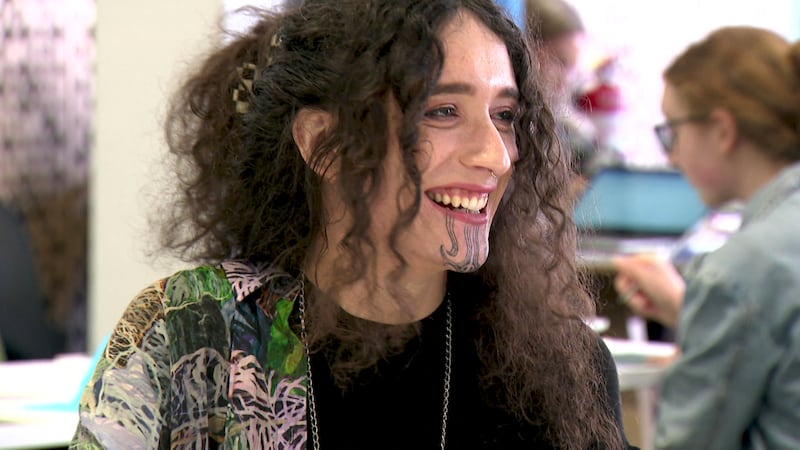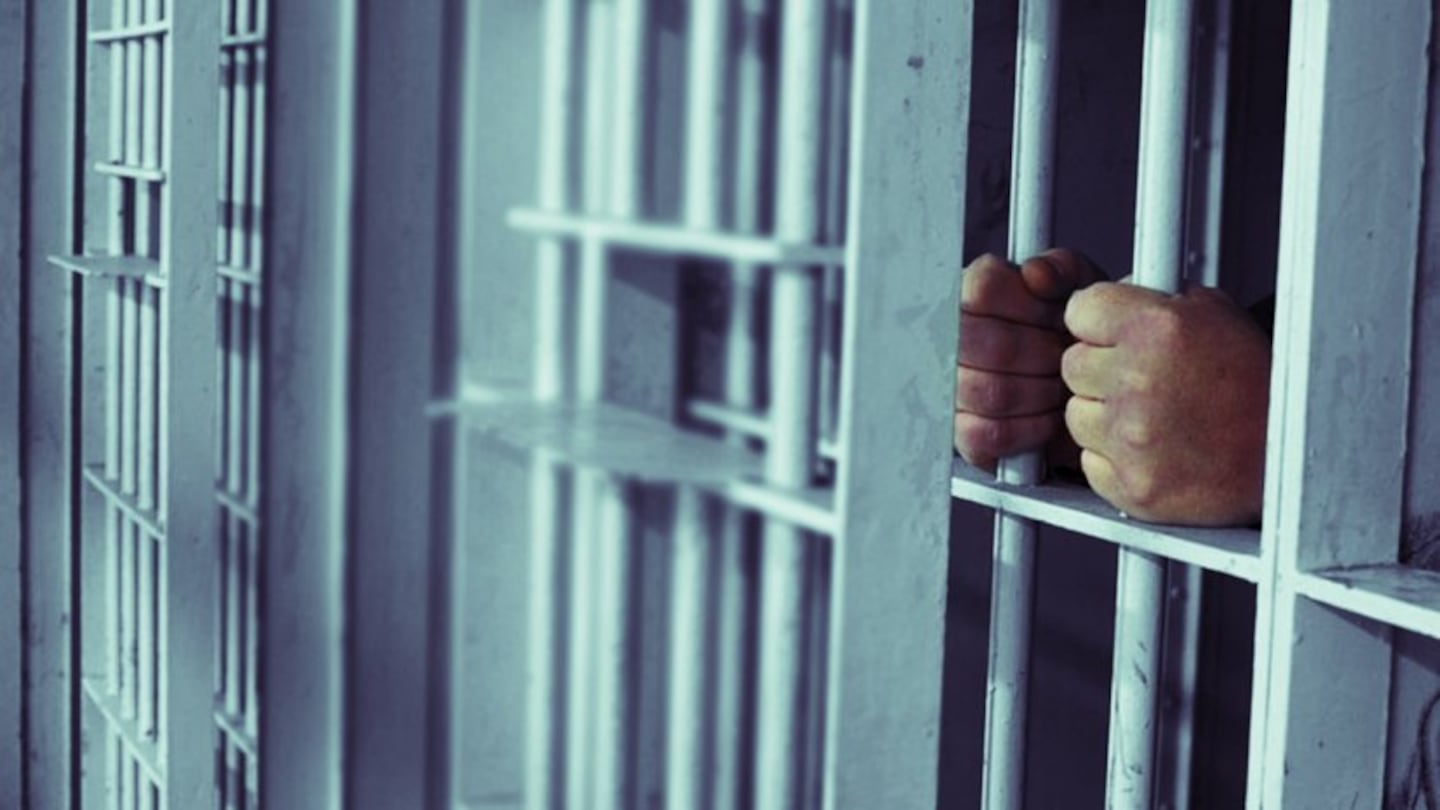Tom Pearce is the parliamentary advocacy coordinator for People Against Prisons Aotearoa.
OPINION: Several weeks ago our news media, commentators and politicians across the spectrum engaged in a collective shouting-down of Green MP Tamatha Paul because she dared give voice to criticism of the police. Now government politicians are drawing attention to Paul donating the proceeds of a fundraiser to the community organisation People Against Prisons Aotearoa (PAPA).
These politicians have attributed a whole range of policies to PAPA, an absurd scare tactic to try and smear Paul by association. The reality is that the money Paul is indirectly fundraising for PAPA will go to very benign ends.
It will be used to provide essentials like underwear, socks or warm clothing to people in prison who can’t afford them.
It will be used to support the Prisoner Correspondence Network – one of the largest in the world – which helps people in prison to maintain social connections to penpals on the outside. Even Corrections has acknowledged the value of this initiative.
It will be used to help cover the costs of PAPA’s Matariki and Christmas card drives, where thousands of cards written by volunteers are sent to people in prisons. This helps people inside to get through times of year that are particularly hard to be away from family and friends.
PAPA is a prison abolitionist organisation, that much is true. But prison abolition does not mean (as it has been intentionally mis-characterised) that all crime suddenly becomes legal and permitted, that police and prisons disappear overnight, or that we abandon any kind of response or consequence for people who cause harm.
Prison abolition means different things to different people. In general, prison abolitionists are united by a belief that, in an ideal world, we would not be locking people in cages.

This isn’t a particularly radical idea. Previous governments of all stripes have recognised that prisons don’t work. Our incarceration rate has varied hugely over the years – completely uncorrelated with the crime rate, if ever anyone wanted evidence that prisons don’t prevent crime.
We know that our justice system is shamefully racist. Māori are incarcerated at a rate six times that of Pākehā. This is partly as a result of bias that sees Māori treated more harshly for the same offending at every step, from police discretion around whether to arrest and charge, through to sentencing decisions.
We know that prisons disproportionately punish the poor, another source of bias against Māori. As just one example, we prosecute ten times as many people for benefit fraud as we do for tax fraud. 70% of benefit fraudsters get a prison sentence, compared to only 18% of tax fraudsters.
Prison abolitionists are committed to fixing these injustices. For many, that simply means advocating for measures that reduce harm and offending, so that prisons eventually become obsolete. This is a long-term project that involves building a society that actually meets people’s basic needs.
Many in PAPA advocate for tino rangatiratanga. New Zealand already has some promising kaupapa Māori pathways through the justice system, but these are limited. Genuine tino rangatiratanga would mean Māori control over the values, laws, decisions and outcomes.
Prison abolition often raises questions around how we deal with the most serious kinds of harm, like murder. This is a much more complicated problem, and there is no consensus among abolitionists.
However, other than a tiny number of exceptions, even the most serious offenders get out of prison. We have to have conversations about whether incarceration is actually the best way to prevent them from reoffending, or to keep people safe.

We also have to acknowledge that many people in prison are not there for violent offending and could be safely housed in the community. Not only would such housing be more humane, it would allow access to more effective rehabilitation programmes, and allow people to maintain pro-social connections.
These are just a handful of the diverse views held by PAPA members. Our country would be a better place and we would all be much safer if we had more effective alternatives to prisons. This is not a harmful or dangerous kaupapa for a member of parliament to engage with.
A sad irony is that the current government has done more to defund the police than any government the Greens have been involved in. The very policy outcomes that government politicians are misattributing to Paul are happening under their own government. Police are now withdrawing from family harm, mental health and child protection callouts.
This kind of defunding is not what PAPA advocates for. Rather than simply turning a blind eye, PAPA advocates for viable alternatives. This means adequately funding services and community organisations that prevent or respond to these kinds of harm.
It also means strengthening communities and equipping them with the skills and resources needed to prevent or respond to harm. It means building social cohesion and addressing the drivers of harm. And instead of police, it means having trained specialists available to respond when external support is needed.
Surely these are policies that everyone can get behind. Rather than scaremongering about the goals of community organisations like PAPA, the government should be addressing the gaps left by their own austerity policies.
- Stuff


